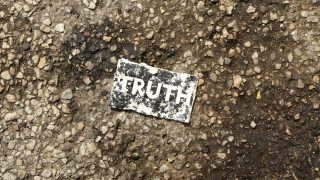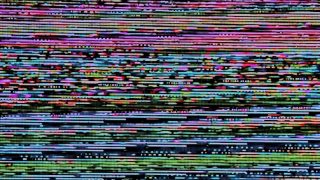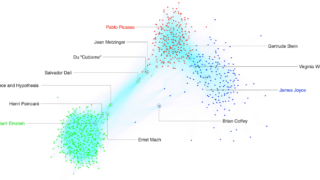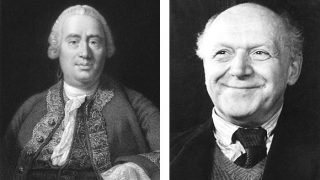
Closer to the truth (5): Reconstructing ‘the scientific method’
I shall end this series on the problem of verisimilitude by sketching the main methodological norms that can be derived from our favorite definition of “empirical truthlikeness” –remember: the verisimilitude of a hypothesis H on the light of the empirical data E, or Vs(H,E ), would be equivalent to p(H,E)/p(HvE). Remember as well that by […]








